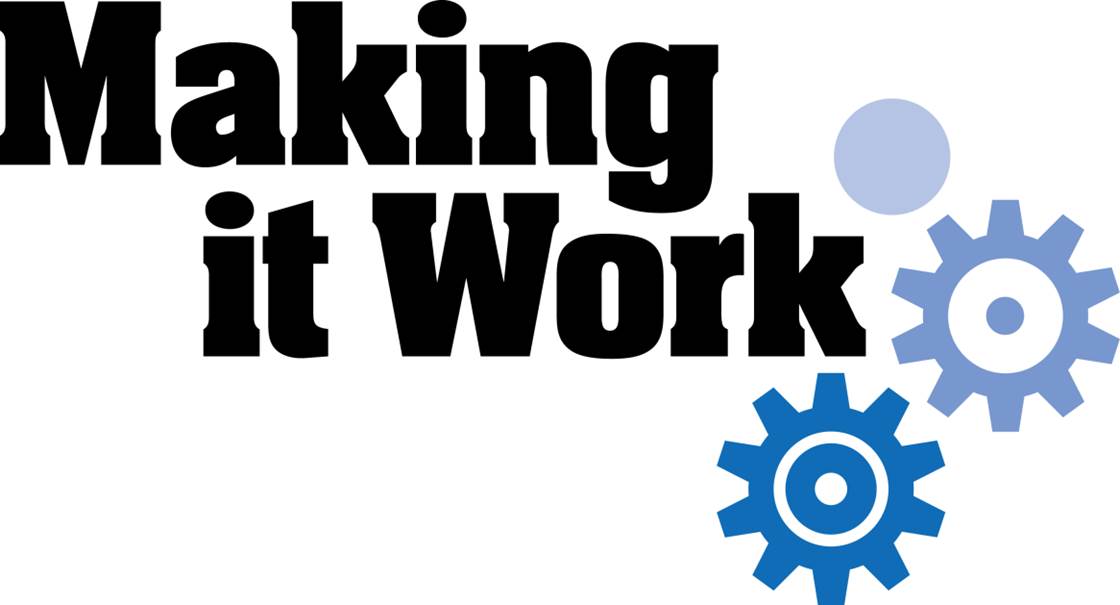People with disabilities have the same rights and needs as everyone else. But freedom and equality are far from being the reality for the more than 1.3 billion people with disabilities, who make up 16% of the world's population. 80% of people with disabilities live in developing countries, and one in five of the world's lowest-income individuals is living with a disability.
At Humanity & Inclusion, we believe that people with disabilities should have equal access to rights, opportunities, and services and be protected from discrimination, abuse, and neglect.
In many of the lowest-income countries of the world, where disability is treated as a stigma, people with disabilities can face discrimination in all aspects of life. Shunned by their communities and excluded from school, employment, healthcare, and other services due to direct discrimination or a lack of physical accessibility or appropriate resources, people with disabilities often live in extreme poverty and isolation. They are also disproportionately affected by physical and sexual violence.
Since HI was founded in 1982, we have been working to promote the rights of people with disabilities. We actively support organizations run by and for people with disabilities and other civil society groups around the world to promote the rights of people with disabilities to access quality education, employment, healthcare, and social services.
An accessible environment
One of the conditions for realizing rights for all is the possibility to access information, services and infrastructure in all areas (school, city hall, transportation, etc). The design of accessible environments is essential for people with disabilities to access, use services and participate in the life of their community.
HI works to ensure that infrastructure, means of transportation, information and communication are accessible to all, without barriers linked to disability.
For example: by supporting the construction of access ramps, by designing water pumps that can be used by most people, by training architects to take into account the needs of people with limited mobility, or by facilitating access to sign language training.
Supporting the disability rights movement
HI aims to empower people with disabilities to promote and defend their rights themselves and advocate for changes that are most important to them, whether access to health services, education, employment, sports, or recreation.
To achieve this, HI's teams help local and national associations of people with disabilities to structure themselves and become legitimate spokespersons. These actions are essential to enable them to participate actively in the life of their society, to give their opinion, and to be heard.
The UN Convention on the Rights of Persons with Disabilities
Adopted in 2006, the UN Convention on the Rights of Persons with Disabilities is the first comprehensive human rights treaty of the 21st century. HI was directly involved in the process to develop and promote the CRPD. This international law now provides a framework for all governments and aid organizations to make sure that people’s rights are included in all policies and practices. The Convention entered into force on May 3, 2008.
In the countries where HI operates, working alongside organizations run by and for people with disabilities, we promote the ratification of the Convention and support its effective implementation by States. HI also supports the development of national laws and policies that allow people with disabilities to access public services like education, social and health services.
International Day of Persons with Disabilities
Celebrated on December 3 every year, the International Day of Persons with Disabilities aims to promote an understanding of disability issues and to mobilize support for the dignity, rights, and well-being of persons with disabilities. Each year the day focuses on a different issue.
Free resources on disability and inclusion
Source, our website for practitioners and academics working in the field of disability, provides free access to resources on disability and inclusion, including books, journals, toolkits and reports. It includes material from developing countries and literature not readily available elsewhere.



 Making it Work is a methodology for documenting and promoting good practices in line with the principles of the
Making it Work is a methodology for documenting and promoting good practices in line with the principles of the 



